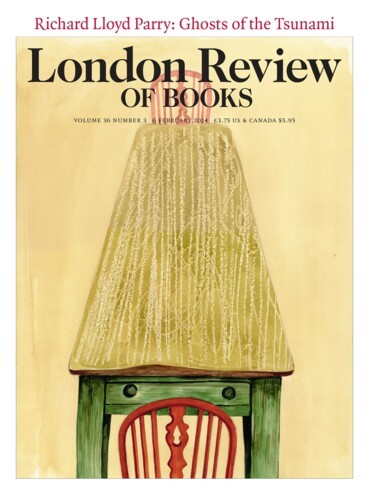Horrible Heresies: Spinoza’s Big Idea
Jonathan Rée, 16 March 2017
Baruch Spinoza was fascinated by human follies, and in the Ethica he set out to examine them dispassionately. ‘These turmoils move me neither to laughter nor even to tears,’ he said, ‘but to philosophising.’ With philosophy’s help he cast a cold eye on servitus humana, or ‘human bondage’, arguing that our ‘vices and absurdities’ were not...





